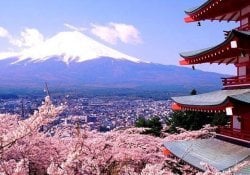Japanese words can have their origins divided into 3 calls wago, kango and gairaigo. Being wago the native words of Japan, kango the words native to China and gairaigo words of foreign origin. In this article, we are going to talk a little about these words.
More than half of the Japanese language is made up of foreign words, with about 49% from China, 18% from other countries, and only 33% from Old Japan. Even though the language distanced itself from Chinese, many things were adapted, transforming Japanese into what it is today.
The native language of Japan is called Yamato Kotoba because of the period in which it was developed. It was in the long Yamato Period (250-710) that the Japanese language developed with influence from China and Korea.
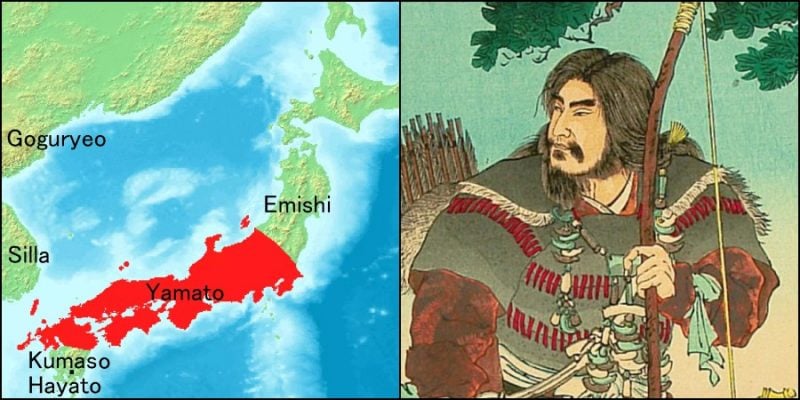
WAGO [和語] - Words of Japanese origin
Wago are words of Japanese origin, that is, the yamato kotoba [大和言葉]. They are usually words that have the KUN reading of an ideogram. Outside words created especially for Japanese, most of the time, without similarities with other languages.
The words wago usually have 3 or more syllables, make up most non-suru verbs [する] and adjectives ending in i [い]. The words Yamato Kotoba or wago are usually written with a mixture of hiragana and kanji.
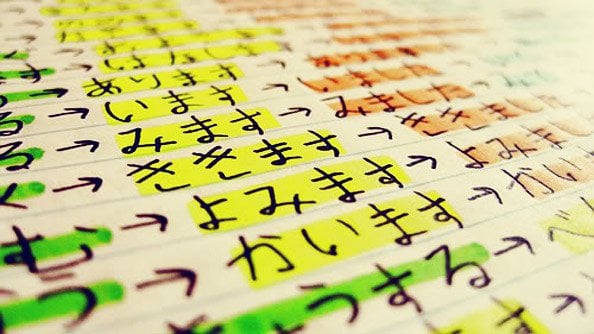
When a word composed of 2 kanji has an ON (Chinese) reading and a KUN (Japanese) reading, that word can be considered a wago.
KANGO [漢語] - Words of Chinese origin
The Chinese language is very present in the Japanese language with its ideograms called kanji [漢字] which literally means Chinese characters. The kango [漢語] in turn are words of Chinese origin used in Japanese. Kango can also be called Sino-Japanese words.
A word kango does not always correspond to a Chinese word, they were just adapted or had their origin from China. These invented Japanese words are called wasei-kango and may have different meanings or be a false cognate.
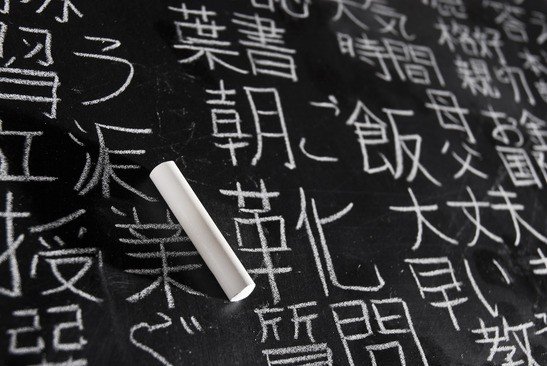
The words kango are usually dealt with chinese reading (on yomi). Verbs in the suru form [する] are usually of Chinese origin, adjectives like na [な] and words that are usually short, without the presence of hiragana, are usually kango.
Numbers in the Japanese language are often pronounced by reading ON being one kango [ichi, ni, san], only in some cases is the wago to count [hitotsu, futatsu, mitsu].
GAIRAIGO [外来語] - Words of foreign origin
These are all words used in Japan of foreign origin written in katakana. They can originate from English, Portuguese, French and other languages. Every day that passes Japan I acquire more words of foreign origin in its vocabulary, making the average of 18% actually higher.
Loanword literally means borrowed words, and unlike Chinese, it had no influence on ancient Japanese and its development. These words ended up in Japanese because of new things that appeared in the westernization of the country.
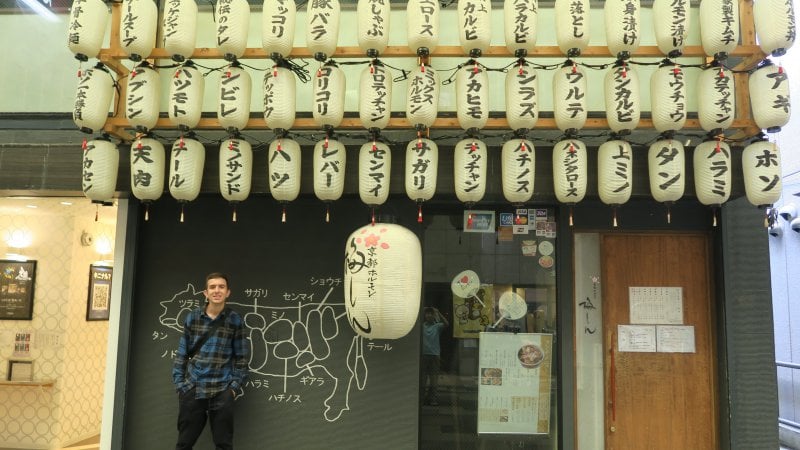
In English there are also thousands of foreign words such as hotdog, hamburger, milkshake, fitness, outdoor, internet, notebook, download and the like. In Japanese, this is at an even higher level.
There are even verbs that were derived from gairaigo, both in suru shape [する] as in normal form.
I hope this article has helped you to understand a little about wago, kango and gairaigo. If you liked it share and leave your comments.




